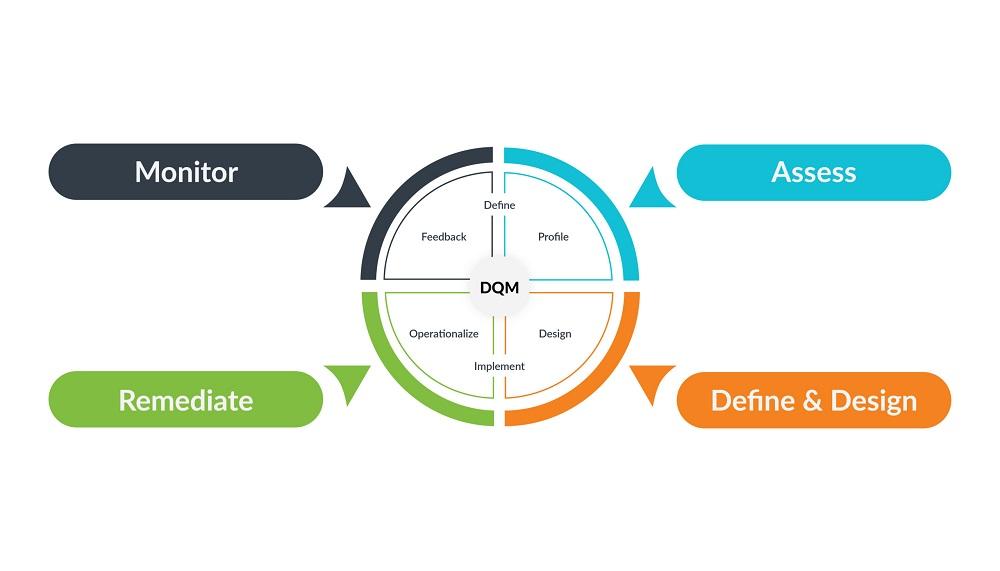Deconstructing Revenue in the Data Quality Market

The primary sources of Data Quality Management revenue are generated through a sophisticated mix of software licensing, recurring subscriptions, and high-value professional services. The financial structure of this market has evolved significantly, with a decisive shift away from traditional, large, upfront perpetual license deals towards more flexible and predictable recurring revenue models. This transformation has been driven by the rise of cloud computing and the customer demand for more agile and scalable solutions. The industry's economic success is built on its ability to offer a spectrum of solutions that cater to different organizational maturities, from simple, departmental data cleansing tools to comprehensive, enterprise-wide data governance platforms, creating a robust and multi-layered economic ecosystem.
The dominant and most significant revenue stream in the modern market is the subscription-based Software-as-a-Service (SaaS) model. In this model, customers pay a recurring annual or monthly fee to access a cloud-hosted data quality platform. The pricing for these subscriptions is typically tiered based on factors such as the volume of data being processed, the number of data sources being connected, the number of users, and the specific functional modules required (e.g., profiling, cleansing, matching). This recurring revenue model provides vendors with financial stability and a predictable growth trajectory, and it has become the preferred model for the vast majority of new deployments in the market.
While SaaS subscriptions form the core of the market's revenue, the professional services segment remains a massive and critically important contributor. Given the complexity of enterprise data landscapes and the cultural change required for effective data governance, many organizations require expert assistance. This creates a substantial revenue opportunity for both the software vendors and a large ecosystem of system integrators and consulting partners. These high-margin services include strategic data governance consulting, technical implementation and integration of the DQM tools, data migration and cleansing projects, and ongoing managed services for data stewardship. These services are often essential for ensuring customer success and drive significant upfront and ongoing revenue.

